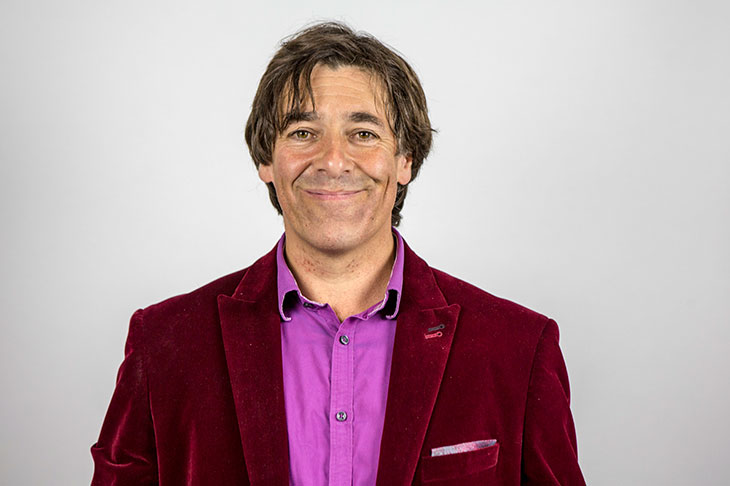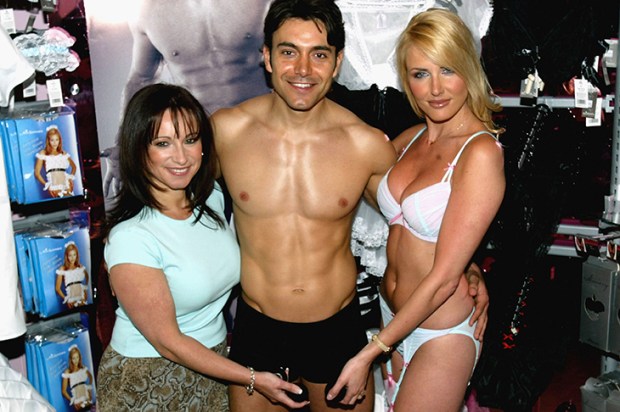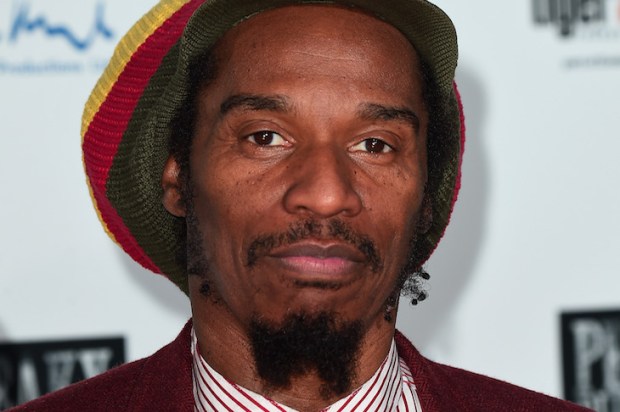It’s becoming clear that the travails afflicting all the major players in The Archers, Radio 4’s flagship drama, are intended by the soap’s writers (and new editor Jeremy Howe) to reflect what’s going on in the country at large, Ambridge as a microcosm of our imploding nation. As Home Farm is sold to absentee landlords with no interest in farming the land, reducing Brian and Jennifer to a terraced cottage on the green, and Ambridge’s stately home Lower Loxley Hall veers into chaos with the son and heir in jail and the business on the brink of disaster, even Brookfield, the Archers’ homestead, is standing on the edge of a financial precipice. It’s as if all the solid foundations of the soap are being rocked to the core —and it’s really unsettling.
This attempt to bring topicality back to Ambridge has been far too effective. The B-word has been barely mentioned but there’s no need. The atmosphere of outrage and discontent, the topsy-turvy sequence of events, the destabilisation of tropes that were once fixed in stone; all this exactly mirrors the preceding news bulletins. That’s why Mark Steel’s In Town on Radio 4 (produced by Carl Cooper) is like a blast of restorative air. He’s been touring the country since 2009 pointing out the quirks of each place he calls on in a half-hour show that has the local audiences in stitches even though he spends most of those 30 minutes poking fun at what they hold most dear.
Last week he was in King’s Lynn, where Steel made mincemeat of the 66 per cent of voters who opted to leave the EU. ‘Just imagine anyone round here being against immigration,’ he jeered, after disclosing that many of the first settlers of the town would have had Scandinavian names. Great howls of laughter. Back then, says Steel, Lynn was one of the principal ports in the Hanseatic League of merchants bridging the North Sea. It was, he insists, ‘a European trading group’ (cheers from the audience). ‘You could call it a customs union’ (more cheers). ‘Free movement of people between Europe and King’s Lynn (thunderous applause). ‘The one thing we could say for certain about this town… if ever there was a vote on retaining its ties to a European trading region no one here would ever, ever be so stupid as to reject those ties…’ Huge cheers.
Steel’s gift for mockery without malice allows us to believe that we might, in spite of it all, have retained our ability to laugh at ourselves. Out of interest I went back into the programme’s archive to find out whether they’d ever been to my home town only to discover that you can only listen to previous series on Audible.com. So careless has the BBC become of its riches. The latest big (and brilliant) name to go is that of the controller of Radio 4, Gwyneth Williams. She has been in the job for eight years, and may well just have needed a change. But it’s telling that her statement on announcing her departure focused on her desire to ‘keep the station intelligent’ and to ‘build audiences by smartening up, not dumbing down’.
We don’t know why Williams chose to go now but it’s tempting to suggest that it might have had something to do with the squeeze on her budget, making it more and more difficult for the network to maintain its standards of journalism let alone to keep on making programmes that force us to think, that are not afraid to speak to our prejudices and call them out, and that investigate the world as well as reporting on it. You’re never going to get a young audience on 4; all you can hope for is that you will lure them in as they leave youth behind by the quality and range of what’s on offer.
On the World Service, Fall of the Shah has brought back drama to the network, presumably given the budget because it’s also launching at the same time as a podcast. The lavish nine-part series (directed by Marc Beeby, with sound design by Caleb Knightley) charts events in the late 1970s in Iran as the Ayatollah Khomeini took power. Diana Rigg narrates with such authority that it’s hard not to imagine she’s authentically delivering a real-time news bulletin. The script (by Steve Waters) is crisp and efficient with some sharp one-liners.
We begin with president Jimmy Carter’s visit from the USA at the beginning of 1978, along with his wife Rosalynn, both falling victim to the Shah’s charm offensive. ‘Perhaps resist the desire to go extempore,’ urges the national security adviser Zbigniew Brzezinski when Carter indicates he is worried that the speech already written for him ‘seems somewhat clinical’. As they enjoy a banquet of saddle of lamb, caviar and foie gras, students are being tortured by the Shah’s henchmen. We can hear their screams as Carter admits: ‘I hope I didn’t overdo the hyperbole.’
It kept me listening by the way it skilfully traced events from different viewpoints but I also felt I needed to reference the facts in this important story. Where did history end and drama begin?
Got something to add? Join the discussion and comment below.
Get 10 issues for just $10
Subscribe to The Spectator Australia today for the next 10 magazine issues, plus full online access, for just $10.
You might disagree with half of it, but you’ll enjoy reading all of it. Try your first month for free, then just $2 a week for the remainder of your first year.














Comments
Don't miss out
Join the conversation with other Spectator Australia readers. Subscribe to leave a comment.
SUBSCRIBEAlready a subscriber? Log in